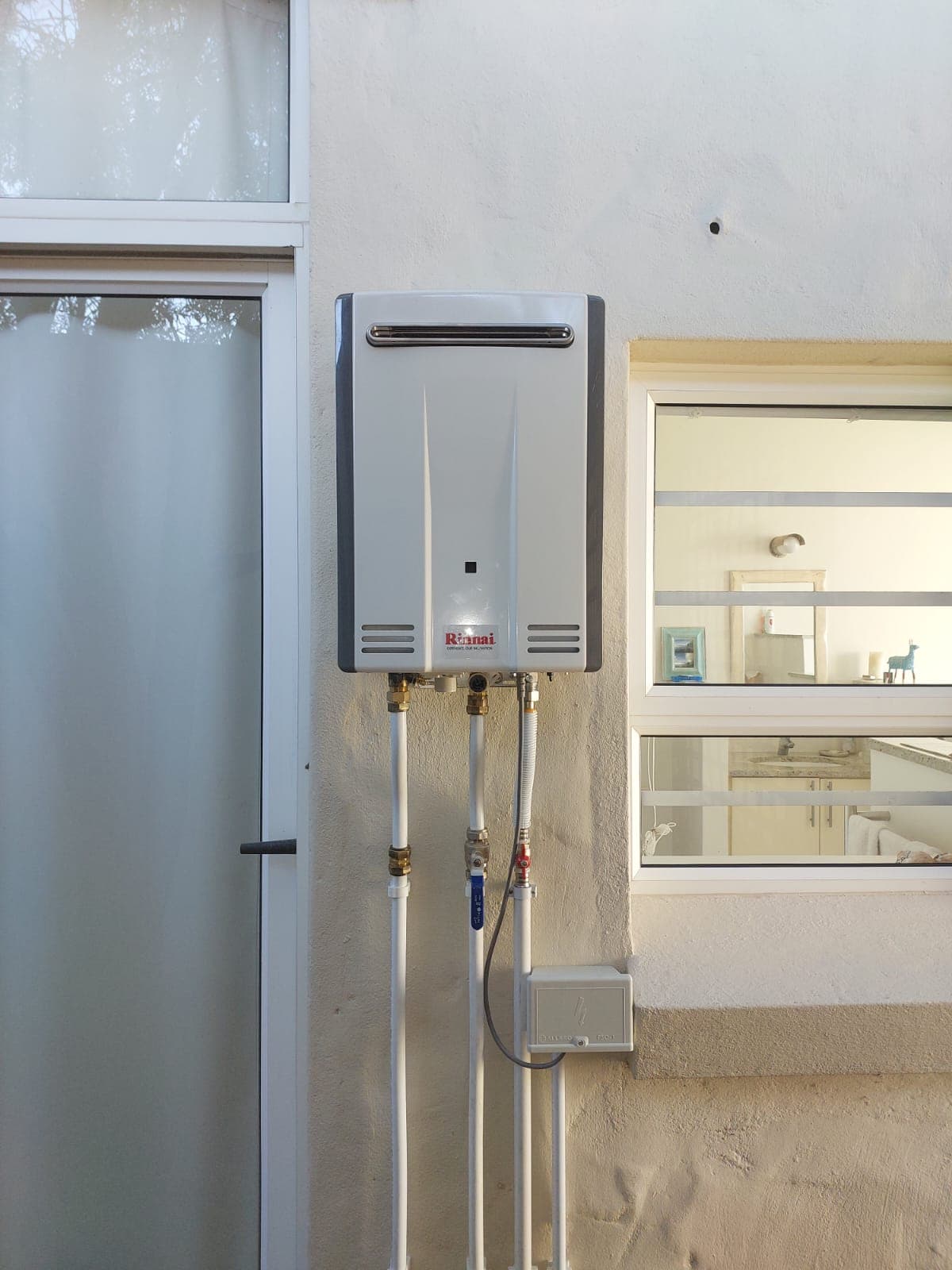Taking electric geysers off-grid will significantly reduce load shedding and benefit all South Africans in the long run

Submitted: Wednesday, November 1st, 2023
Original Article: Link
Taking electric geysers off-grid will significantly reduce load shedding and benefit all South Africans in the long run
Load shedding has been a persistent issue in South Africa, causing disruptions to daily life, hampering economic growth, and frustrating the population. One of the main contributors to this problem is the excessive demand for electricity, particularly during peak hours. To address this issue, South Africans should consider transitioning from electric geysers to gas geysers, which can significantly reduce the pressure on the national power grid and benefit all citizens.
The Load Shedding Challenge
South Africa has faced a chronic electricity supply shortage for years, leading to frequent load shedding, where scheduled power outages are imposed to prevent the grid from becoming overloaded. Load shedding disrupts essential services, industrial operations, and everyday activities. It is a complex issue with no quick-fix solution, but transitioning from electric to gas geysers can be a step in the right direction.
The Electric Geyser Conundrum
Electric geysers are a major contributor to peak electricity demand in South Africa. These appliances consume substantial amounts of electricity (of up to 50% of your total household electrical consumption) to heat water, especially during the morning and evening peak periods when most people shower or bathe. The excessive demand for electricity during these times strains the power grid, leading to load shedding.
The Gas Geyser Solution
Replacing electric geysers with gas geysers can significantly alleviate the pressure on the grid and reduce load shedding for several reasons:
- Energy Efficiency: Gas geysers are more energy-efficient than electric geysers. They heat water faster and maintain it at a consistent temperature using natural gas, liquefied petroleum gas (LPG), or other clean fuels. This reduces the overall electricity consumption of households and businesses.
- Lower Operating Costs: Gas is generally more cost-effective than electricity for heating water. This can lead to substantial savings on energy bills, which can be especially beneficial for households struggling with high electricity costs.
- Reduced Peak Demand: The adoption of gas geysers can help flatten the peak electricity demand curve, as they can be used during off-peak hours. This will result in less strain on the power grid during morning and evening peaks, reducing the need for load shedding.
- Reliability: Gas geysers are less dependent on the stability of the national power grid. They continue to function even during load shedding, ensuring that households and businesses have hot water when they need it.
- Environmental Benefits: Using gas geysers can also be more environmentally friendly, as burning gas produces fewer greenhouse gas emissions compared to electricity generated from coal.
Transitioning from electric geysers to gas geysers offers a practical and effective solution to alleviate load shedding in South Africa. It reduces peak electricity demand, saves energy, lowers costs, and enhances the reliability of hot water supply. Furthermore, it contributes to a more sustainable and environmentally friendly energy landscape. Encouraging and incentivizing this switch will benefit all South Africans by reducing the frequency and severity of load shedding, ultimately improving the quality of life for the nation.
Did we spark your interest and are YOU looking for a gas geyser installation? Then answer a couple of questions and get a Quote here!
Fast, reliable, and professional service—hot water made easy! Looking for the best hot water solution? Check out our unbeatable packages and start saving today!

